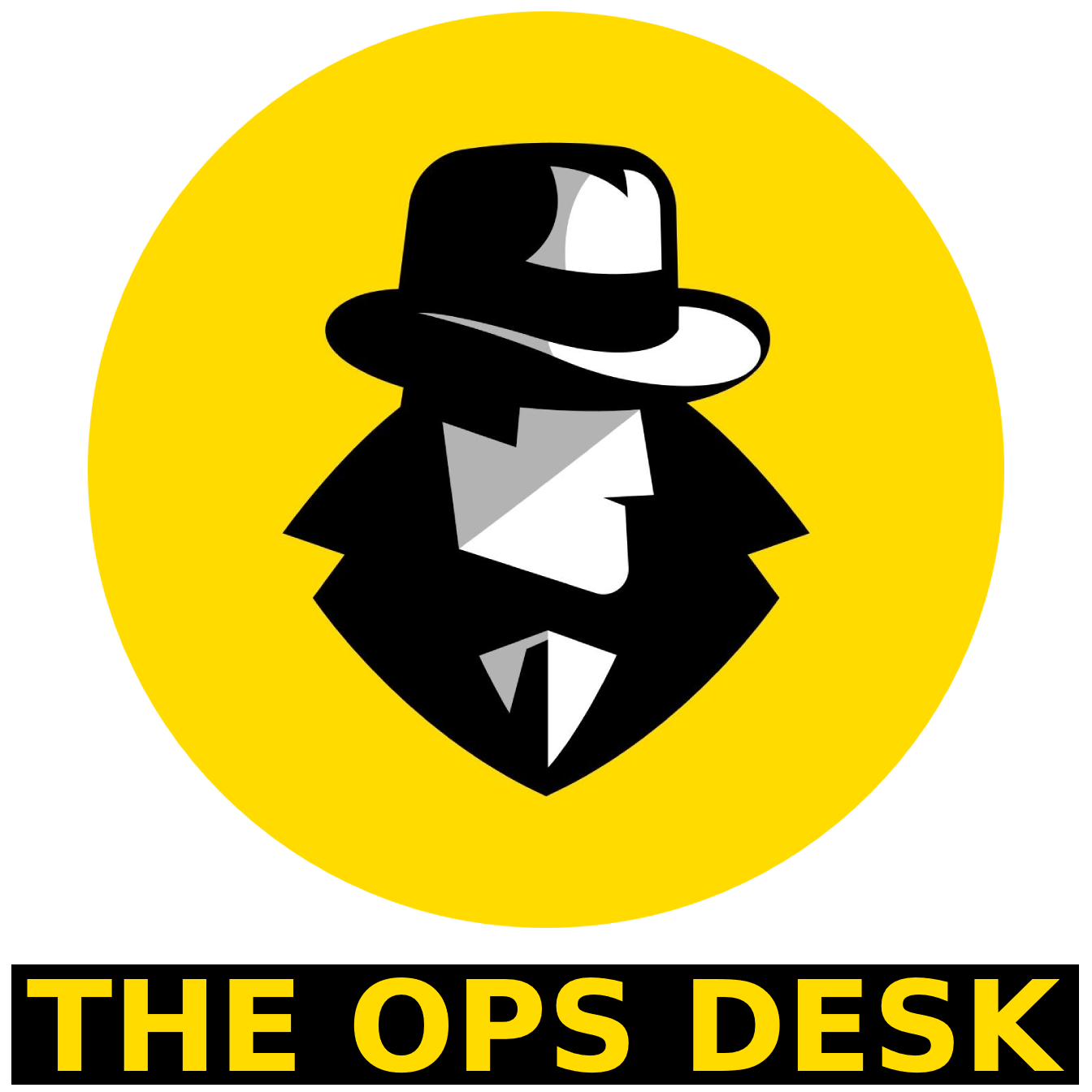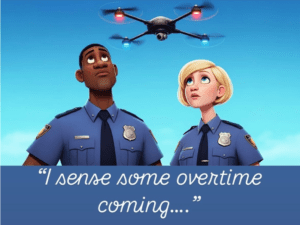On November 16, 1859, four Texas Rangers were killed in what became known as the Cortina War. The Cortina War was a racial and national conflict on the American-Mexican border near Brownsville, Texas. Juan Nepomuceno Cortina was a Mexican businessman who’s family owned large tracts of land outside of Brownsville on both sides of the border. Cortina objected to the unfair treatment that landowners of Mexican descent received in Texas following the conclusion of the Mexican-American War in 1848.
Cortina came into conflict with an influential group of lawyers and judges of Brownsville, whom he accused of taking land from Mexican Texans, who were unfamiliar with the American legal system. Cortina’s own skirmishes with the law steadily intensified, and he was indicted twice on charges of cattle theft. However, he was not arrested due to his already considerable popularity among the poorer Mexicans, who considered this attempt to be nothing but another demonstration of legal harassment by the American system. Cortina gathered, trained, and armed a private army, and on many occasions, he used this force to resist the eviction of Mexicans from their lands. Cortina became a popular leader among the local Mexican population, many of whom considered him a hero against the abuse of power by the new American government.
In July 1859 Cortina saw Brownsville Town Marshall, Robert Shears, brutalizing an older Mexican man. The Marshall and Cortina exchanged words, and then gunfire. Shears was shot in the shoulder and Cortina fled. In September of 1859, Cortina and his private army actually took and held the entire city of Brownsville for three days before fleeing back to Mexico. In response, the Governor of Texas authorized Captain William G. Tobin to raise a company of 100 Texas Rangers to quell the lawlessness in Brownsville. On November 16, a group of these Rangers spotted a band of Cortina’s men about a mile from Palo Alto. The Rangers pursued and overtook them. In the vicious fight that lasted about thirty minutes, Ranger Privates Thomas Grier, William McKay and Nicholas R. Milett were killed, and four others badly wounded. Ranger Private John Fox surrendered to the Cortina’s men and was executed. The day after the Palo Alto fight the Rangers rode to the scene where they found the stripped and mutilated bodies of the dead rangers. The men were buried on the battlefield.
The fighting would continue on and off for the next few years, with Cortina fighting for Mexican-American rights and the government trying to quell the violence. By the end of 1861 Juan Nepomuceno Cortina had stopped his incursions and remained in Mexico. The American legal system never adjudicated Cortina’s actions. He later took a position in the Mexican Army, but eventually again turned against the government and was arrested for an attempted coup. He was placed under house arrest for the remainder of his life.












